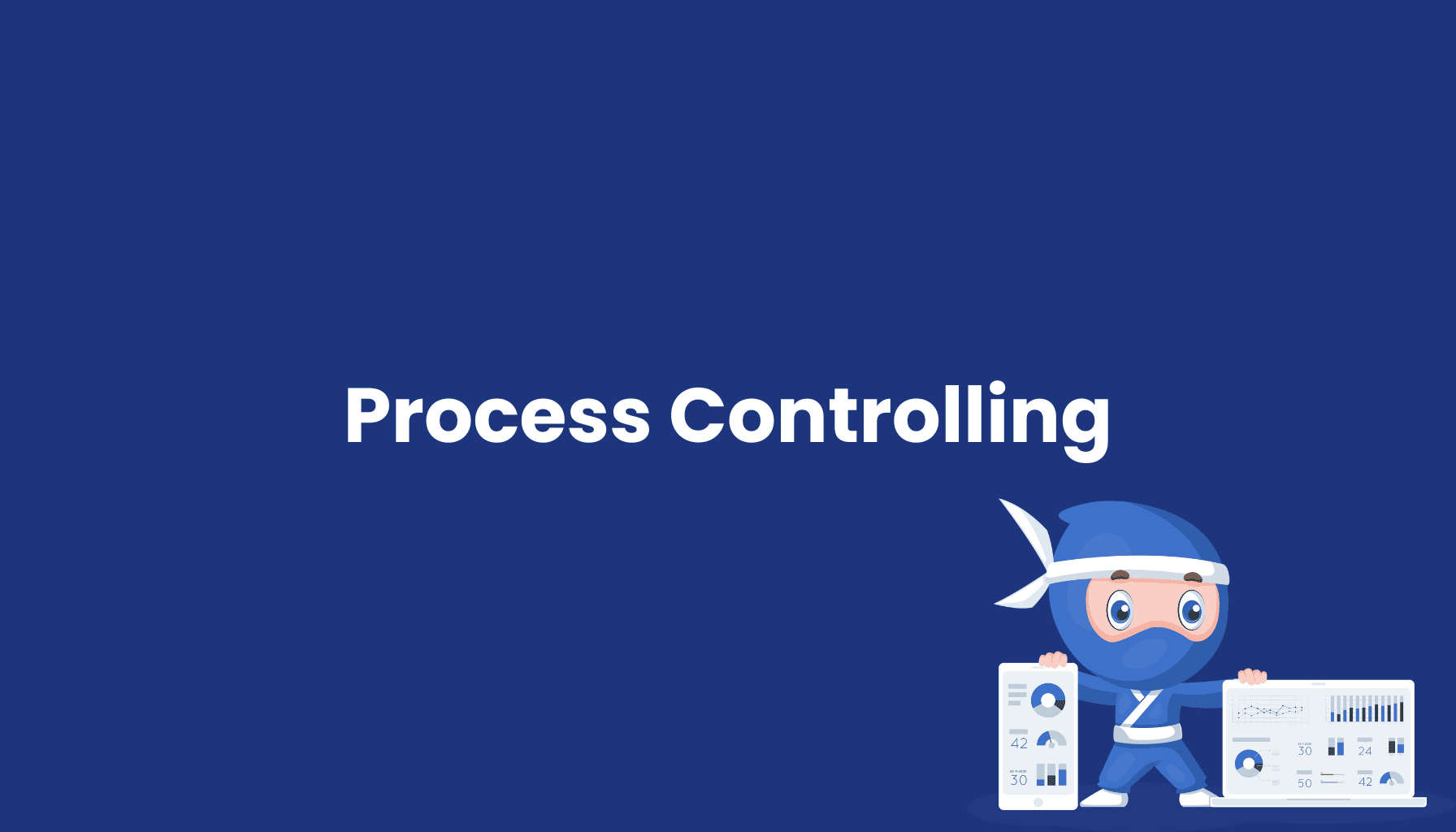Process Controlling

What is Process Control?
Process control refers to the systematic monitoring and control of processes within a company to ensure they run efficiently and achieve set goals. It is an essential component of process management, aimed at optimizing the efficiency and quality of business operations. By targeted control and monitoring of processes, companies can ensure they are using their resources optimally while enhancing overall performance.
Objectives and Tasks of Process Control
The main task of process control is to ensure the execution and management of business processes. This involves not only monitoring but also planning, implementing, and optimizing workflows. The key objectives of process control include:
-
Increasing Efficiency: Ensuring that processes run with minimal effort and maximum effectiveness.
-
Quality Assurance: Monitoring adherence to quality standards within processes.
-
Process Optimization: Continuously analyzing and improving processes to enhance efficiency in the long term.
-
Risk Minimization: Monitoring key performance indicators (KPIs) to identify weaknesses early and prevent potential errors.
Process Control in Practice
Process control involves a variety of activities, including setting process goals, assigning process responsibilities, and implementing appropriate control systems. Modern companies often use an ERP system (Enterprise Resource Planning) to facilitate real-time control and monitoring of processes. Such systems support the execution and monitoring of business processes by optimizing the flow of information and enabling better decision-making.
Role of Process Control in the Company
Process control plays a central role in a company's process management. It ensures that processes are clearly defined, monitored, and improved. This not only leads to increased efficiency but also enhances overall company performance. Additionally, process control helps achieve strategic goals by ensuring the effectiveness of workflows.
Process Modeling and Process Optimization
An important component of process control is process modeling, which involves visualizing and analyzing the various steps of a process. This facilitates the identification of areas for improvement and the implementation of measures to increase efficiency and quality. Process optimization is an ongoing process in which existing workflows are analyzed and optimized to maximize performance and effectiveness.
Challenges in Process Control
Process control is associated with various challenges, including the complexity of modern business processes and the integration of different systems. Companies must ensure that their process control is flexible enough to respond to changes in the market or technology. Additional challenges include managing key performance indicators, training employees on process management, and continually adapting processes to new circumstances.
The Relationship Between Process Control and Quality Management
Another key objective of process control is ensuring the quality of products and services. Effective quality management helps identify and correct errors in processes at an early stage. Process control ensures that established quality goals are met, thus contributing to the achievement of company objectives.





